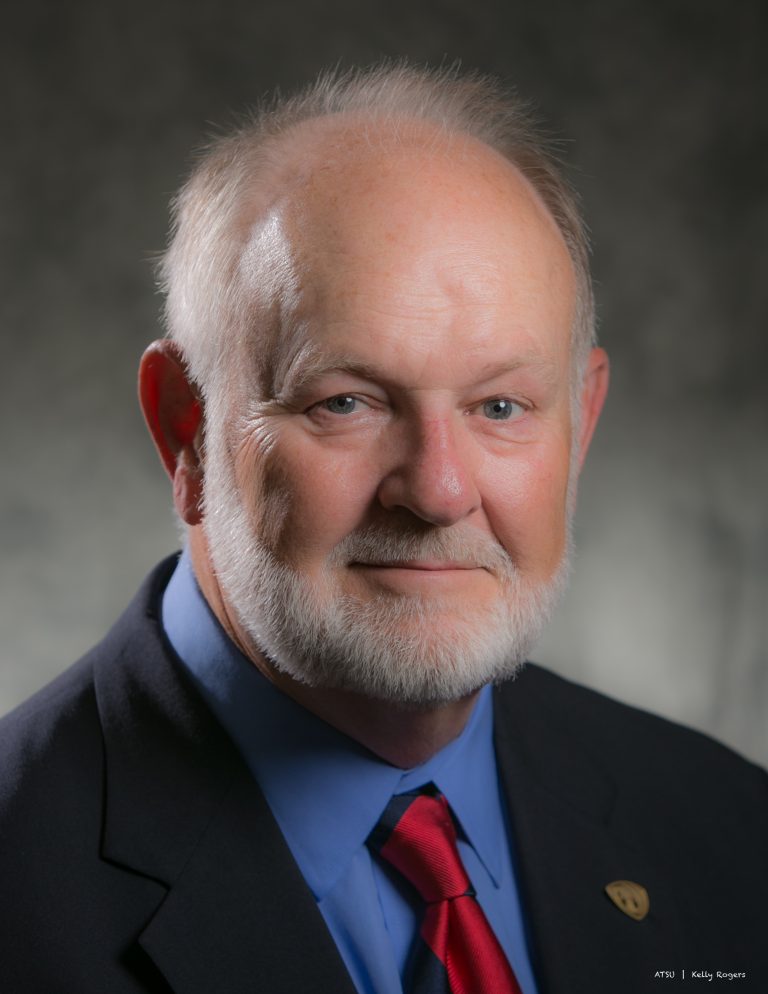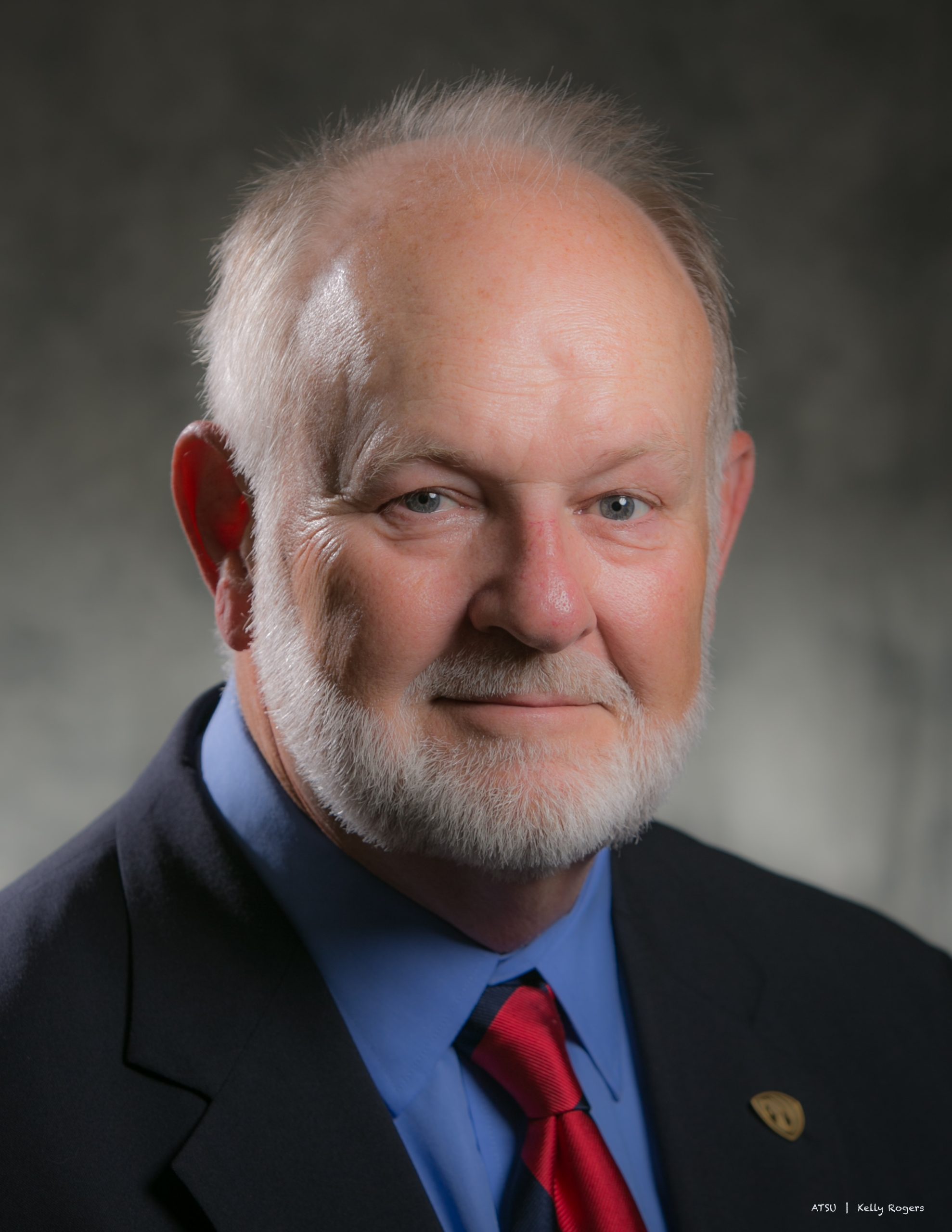ATSU-KCOM professor found home with University, mission
Posted: May 3, 2020
Bill Sexton, PhD, A.T. Still University-Kirksville College of Osteopathic Medicine (ATSU-KCOM) professor, was used to moving around. He grew up in a military family, studied at the University of California-Davis for his undergraduate and master’s degrees, and received his PhD from Kansas State University. While at the University of Missouri for post-doctoral work, he heard about job opportunities at KCOM.
He and his wife, Tricia Sexton, DHEd, MS, FNAOME, ’08, associate dean of curriculum, both took positions in Kirksville, Missouri, believing they’d stay for 3-5 years before seeking other opportunities.
“Thirty-one years later, we’re still here,” Dr. Sexton said.
The decision to stay wasn’t for a lack of opportunities. Both Sextons have been courted by other schools. And while Dr. Bill Sexton cites many common reasons for choosing to remain in Kirksville (safe community, reasonable cost of living, local amenities), the key is a sense of loyalty to the University and what it stands for.
“Sometimes, there’s a job out there that looks like it would be perfect, but there is a loyalty part and a strong loyalty part to some people in the administration at KCOM,” Dr. Sexton said. “We feel like we owe it to them and the institution to support them.
“Sometimes, you’ve got to support something you believe in.”
Dr. Sexton teaches physiology for KCOM and ATSU’s Missouri School of Dentistry & Oral Health and is chair of the graduate program committee, which oversees ATSU’s biomedical sciences program.
“We work with young people who are trying to improve their credentials, but also get a master’s degree in research and biomedical research, with the hopes of demonstrating their ability and then actually having an opportunity to get an interview and get into medical school,” Dr. Sexton said.
Watching those students succeed is something Dr. Sexton enjoys most about his job. He said more than 200 students have entered the biomedical sciences program, with nearly 80% ultimately pursuing medical degrees.
“It’s very rewarding to work with these people and have an opportunity to help them get over that hump that gets them into medical school,” Dr. Sexton said. “There’s some really terrific people who have made that transition.”
During the coronavirus (COVID-19) pandemic, his interaction with students has changed. Dr. Sexton was used to engaging in conversation face-to-face during lectures, something he believed elevated the discussion. Things are different in an online-education world, but Dr. Sexton and the students are up to the challenge.
“I made the commitment that I wanted to teach the exact same courses with the same resources and materials, to make certain medical students taking renal physiology now are getting the same course, or better, than their predecessors,” Dr. Sexton said.
Students have adopted a positive outlook, too, which has helped. Early in the transition, students surprised faculty members with thank-you notes shared via a surprise Zoom meeting.
“Other schools, you hear people grousing and complaining about things that are out of their hands,” Dr. Sexton said. “Here, they’re lighting up the screen with handwritten notes, thanking us for helping. That’s really important for morale. It keeps people excited. We’re going to do the best job we can and we want you to succeed.”
